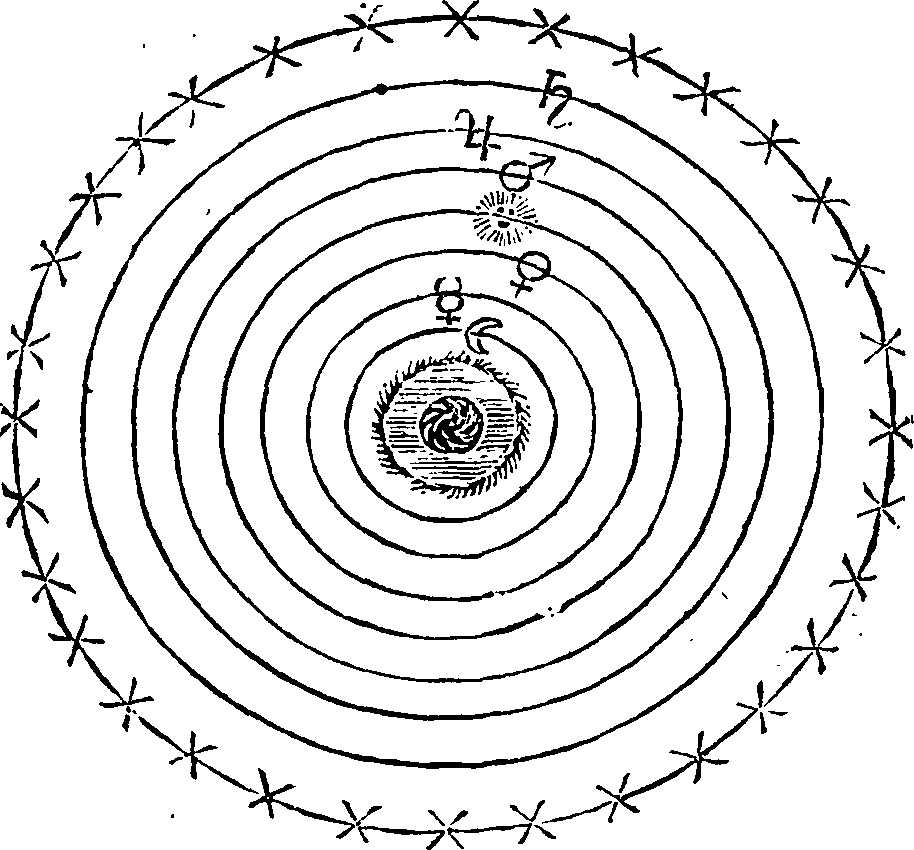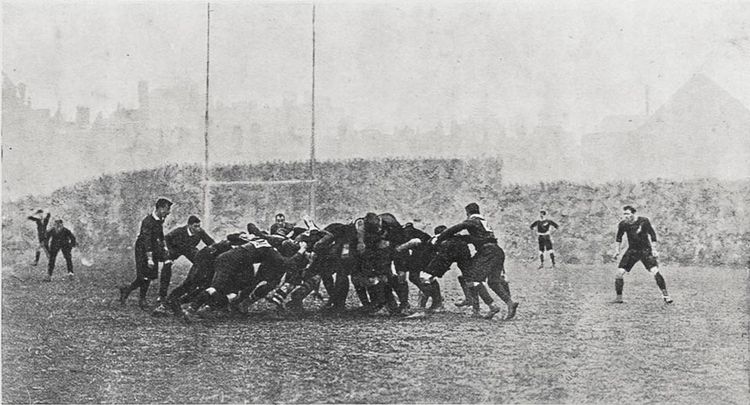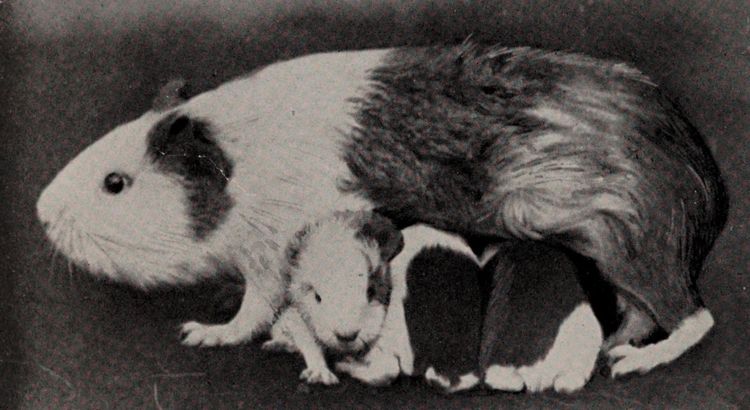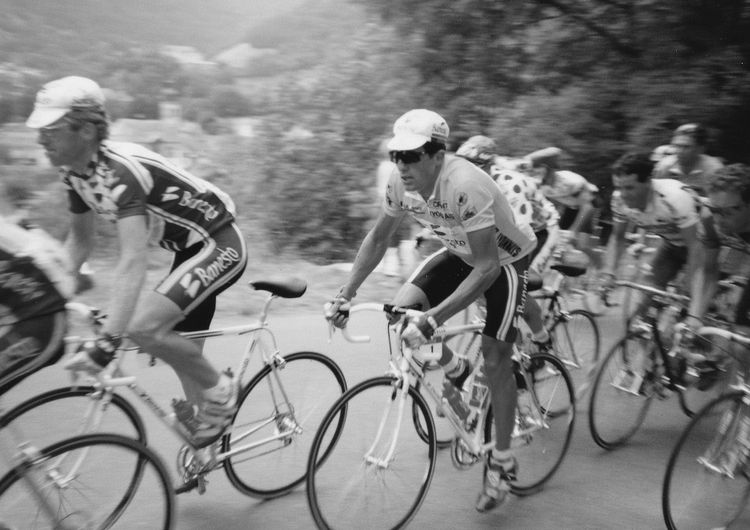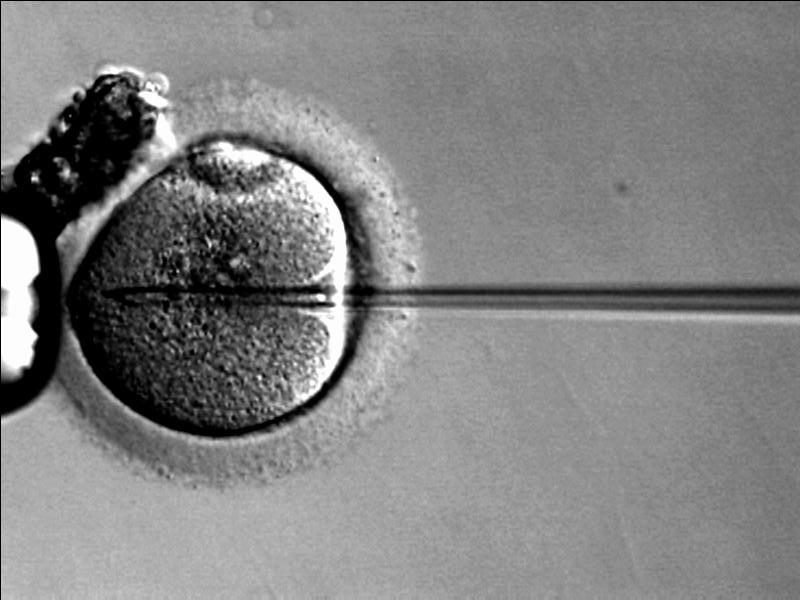Far Beyond Driven
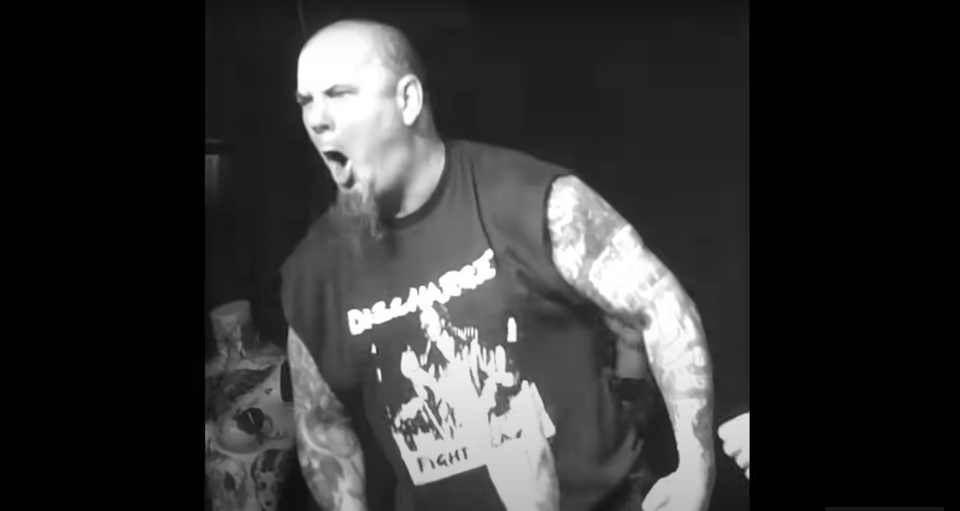
i.
Phil Anselmo stands on stage at a tribute show for Dimebag Darrell. It is 2016. Dimebag was shot and killed onstage twelve years earlier while he played guitar with his new band, a few years after the break-up of Pantera. The legends of heavy metal have gathered to pay their respects to the slain guitarist.
At the end of his set, Phil Anselmo moves to the front of the stage with the microphone. The house lights are all the way up and a compère is offering thanks to the crowd, name-checking sponsors. In the background, the crew are unplugging amps and removing equipment. There’s a full-length version of the entire show somewhere else on YouTube, but I’m only interested in watching what happens next.
Phil Anselmo is dressed in a black, sleeveless t-shirt. A stage technician indicates to Anselmo that the set is over, curfew is reached, and takes the microphone from his hand. Anselmo turns to the crowd and, with his right elbow raised at shoulder height, straightens his arm. The stage technician raises Anselmo’s left arm too as though he is a victorious boxer. The technician tries to get Anselmo to leave the stage, but Anselmo shrugs him off, lurches forward, and screams “white power” into the faces of the crowd. He raises and straightens his arm once more in the unmistakable symbol of a Nazi salute.
When I was a teenager, Phil Anselmo was the lead singer of my favourite band.
ii.
“Welcome to the blood wagon, boys,” said my father.
“What is this, an old police minibus?” asked someone.
“Indeed it is. Climb aboard.”
Months earlier, my parents had agreed that I could go to Ozzfest ’98 on one condition: my father would drive me and my schoolfriends there.
I resisted the idea. I was fifteen and felt that, even if my magnetic north sometimes shifted position, I was in possession of a moral compass. I knew right and wrong.
As a policeman, my father was aware of what would happen if we travelled by train. He knew what went on at English train stations, the furtive exchanges of banknotes for undersized bags of skunk and lumps of tack. He knew how teenagers asked older people with ID to get alcohol from the off-license. In his profession, and as a delinquent teenager, he’d seen all this and worse.
The idea of enduring five hours in a minibus with my father wasn’t appealing. The trip was a chance for me to make new friends, to prove that I belonged. My father, with his jokes, eager to impress, passing on pearls of wisdom about his punk days, or the fights he’d been in whilst on duty, threatened the image I was trying to cultivate.
But the biggest heavy metal bands in the world were playing, some of them in the United Kingdom for the first time. And my friends were going. Faced with the choice of minibus or missing out, I chose the minibus.
iii.
I was suspicious of my father’s musical heritage. It was possible he had been into cool music, once. He talked about the Ramones and said he was in a punk trio called Band From Society. But the only tapes in our Volvo 240 were a Queen Greatest Hits compilation and an album by The Mission.
Pantera was undoubtedly my favourite band of the age. It was the mid-nineties and they had evolved thrash metal into a new genre that was both heavier and more melodic. They were ahead of musical trends, yet somehow outside of them, though my attraction to them was more visceral than academic.
I was drawn to the uncompromising, aggressive talent of Phil Anselmo. An accomplished metal singer, he was also a controversial, anti-authoritarian Louisianan who embodied defiance and resistance. His lyrics were vague and they left enough room for me to score my own dissatisfaction into. Anselmo’s vocal performances displaced an undirected anger from inside me. The commitment and ferocity of 1992’s Vulgar Display of Power embedded Pantera into my musical consciousness.
Yet the machismo and essentialism of metal was at odds with who I was: a shy, intelligent boy with an aversion to violence. I'd never been in a proper fight, never really stood up for myself. Metal gave me a way to develop an otherness that I hoped would distance people. A survival mechanism, a way to be left alone through association.
I drifted towards others who felt the same, all of us recognisable to one another through the anti-uniforms of band t-shirts and bag patches. It was a space in which we could defy expectations, a private and expressive subculture where we found a way to belong without belonging.
iv.
Ninety minutes into the minibus journey to Ozzfest, everyone had settled into the easy rhythm of a long roadtrip. In the front, my father chanted Sex Pistols lyrics while I rode shotgun and lamented the lack of a tape player. In the back, pairs of people split CD Walkman headphones and were silently nodding along to the bands we would listen to later. The tinny sounds of buzzsaw guitars and double-kick drums drifted through to the front. Packets of Haribo were passed around. Under the cover of jackets and sleeves, teenagers drafted from a hip-flask.
I took my jacket off and reached inside the pocket for the concert tickets.
My stomach twisted.
Nothing.
I searched my pocket again, and then my trousers, twice. I looked on the floor.
Nothing.
My best friend was in the row behind me. I turned to him.
“What’s wrong?” he said.
"I've forgotten the tickets.”
“Fuck.” His eyes widened.
He knew my father’s tripswitch temper, having once had the misfortune to wake my father while he was sleeping after a tough night shift. My father’s anger was a thing I tried hard to avoid, like a landmine in a living room.
"You have to tell him,” said my best friend.
I thought about saying nothing. I could let my father drop us off and then confess to everyone. We would all find a way in, surely, over a fence or something. Perhaps I could find a tout and buy new tickets? I calculated the figures in my head and felt sick.
I was pretty sure the tickets were in the top drawer of the desk in my bedroom, along with the guide to Final Fantasy VII, a can of Lynx Africa I used for pyrotechnic experiments in the woods, and a pornographic magazine someone had given me at scout camp.
I had to tell him. I leaned over.
“Dad. I’ve forgotten the tickets.”
I recall the following moments as a blur. My father repeated expletives as he swerved through traffic and his anger grew. Eventually he pulled over and unbuckled his seatbeat. I opened my eyes to find his face close to mine.
“Where are the tickets?”
I turned to my friends and saw rows of aghast faces. Headphones had fallen out of ears. Haribo littered the floor. The hip flask was nowhere to be seen.
“Don’t look at them,” my father said. “Look at me. Where are the tickets?”
"I think I left them in my desk drawer,” I said.
“You think? You think?”
Truth be told, I wasn’t sure. I had bought them months in advance and stashed them, but I couldn’t remember where. The tickets were both in the drawer and not in the drawer. I was both alive and dead in that box of a bedroom.
“We have to go back,” I said.
Without a word, my father slowly put on his seat-belt, adjusted the vehicle’s mirrors, and pulled off. We drove back in silence.
v.
Pantera wasn’t the only band we were into. Slayer, Fear Factory, and Korn were also playing Ozzfest, along with Black Sabbath, the godfathers of heavy metal, now in their sixties, the ancestral lineage for every band with distorted guitars, fronted by Ozzy Osbourne who once bit the head off a bat on stage in Des Moines.
But Pantera were on a different level to their contemporaries. Dimebag Darrell on lead guitar was regularly cited as the greatest metal guitarist of his generation. Accompanied by the peerless, syncopated rhythms of drummer Vinnie Paul and bassist Rex Brown, Dimebag defined an entire sound, a metallic aeon.
1994’s album Far Beyond Driven took Pantera over the top. It went to number one on the Billboard 200 and fast-tracked them towards global domination. They looked set to surpass Metallica as the biggest heavy band in the world. Then, in 1995, Anselmo developed a heroin addiction and in 1996 he suffered a cardiac arrest due to an overdose. Tensions about his drug use and other unnamed issues arose. The members began to record albums separately.
Anselmo’s drug-taking unsettled me. While I wasn’t averse to recreational drug use, heroin was a different beast. It existed on the periphery of my knowledge, through moralistic depictions on TV or in the veins of a slumped addict at a bus station. I associated Anselmo with independence and strength but heroin was the opposite of that. Something didn’t feel right.
By the time 1998 rolled around, Anselmo was supposedly clean and the band were friends again. Pantera’s live shows recaptured the energy of Far Beyond Driven. The band were back together and they were going to play Ozzfest ’98.
vi.
We pulled up to our house and I jumped out of the minibus without waiting for it to stop. I sprinted towards the door with a performative urgency that telegraphed the seriousness of the situation to my siblings. A quartet of them flocked to the window, chorusing. I fumbled with my house key in the lock, shaking, let myself in and scaled the stairs.
Our eight person family lived in a three-bedroom house. I shared the small back bedroom; my six-year-old brother and I slept in bunkbeds.
Bursting into the room, I found one of my sisters there, hiding out, playing computer games and enjoying the isolation. She froze.
“What are you doing back?” she said. Time and space were valuable commodities in our family and this annexation had not been agreed.
“No time to explain. Forgot the tickets.”
“Wait, what? How? But your friends! You’re going to miss… oh God.” She went quiet. “Dad.”
I nodded.
“Was he angry?” she said.
I nodded.
“Can I come out and watch?”
I pushed her out the way, and opened the desk drawer. The tickets were lying on top, in plain sight.
“Don’t you dare go in that drawer,” I said and bolted out of the room.
vii.
When a Kerrang! magazine cover featured a picture of Phil Anselmo, shaved head, covered in cryptic tattoos, with the headline YOU’RE GONNA GET YOUR HEAD KICKED IN, I didn't feel threatened. This message was not for me. But I did not stop to think who it was really for.
Metal’s hostility and animus was not all negative. The music, and the scene, introduced me to affirmative action and political resistance. Zach de la Rocha raised my awareness of political prisoners and injustices. Max Cavalera regularly platformed the issues of indigenous tribes in South America. There was a broad anti-fascist, anti-hate agenda in the community, drawn from the hardcore punk era, that resonated with me, a sympathetic string on a detuned guitar.
Yet under the surface, some bands communicated a message that largely remained unspoken. The problems in Scandinavian black metal, too cultish and indecipherable for me at the time, were well documented. But this was a scene within a scene, a niche of a niche, easy to compartmentalise. The magazines refused to write about them and we steered clear.
Instead, the musical press at Terrorizer and Metal Hammer focused on the heaviness of bands like Pantera, their reinvention of metal, the growing legions of fans for whom Pantera spoke in one voice, channeling the resentment of young men who felt subjugated by the mainstream. Pantera were a band built on non-conformity, a singular past with plural futures. They claimed the underground and then went platinum.
viii.
When we left the house for the second time, tickets safely in my hand, my father was a different person.
“If you want to see that opening band, we may have to break some speed-limits here, boys. It’s time for the blues-and-twos,” he said, referring to the non-existent siren and emergency lights of the decommissioned bus.
I slid down into my seat, a teary mess of relief and embarrassment. The humiliation was almost complete, retribution served.
“Shall we take this idiot with us?” he continued, smiling. “Or do we leave him behind?”
He changed like that sometimes, usually after an outburst. Sometimes I believed this calmer, bantering version was the real him and that the anger was only a controlled release. Other times, his exasperated fury seemed to escape him entirely. The ensuing placidity seemed to be a guilty afterthought, an acoustic breakdown after a crushing solo.
Hours later, having circled the M25 for the second time that day, a motorway encore, we arrived at the National Bowl.
As we walked up the concrete steps towards the entrance, I turned back. My father was watching us from the minibus. He waved. Clutching my ticket tightly, I waved back.
The checks at the Ozzfest gates were mercifully swift and the sun was already beating down, so we descended into the enormous concrete amphitheatre. Around the edges, people sat on the slopes, basking in the sun. In the centre, a crowd gathered at the base of the largest stage I had ever seen. Guitar feedback filled the arena as the first band started to play.
As the opening act threw themselves into their first chorus, a huge roar went up and we threw ourselves into the throng, pushing into the centre of the moshpit. Over the next minutes and hours, without interlude or intermission, we moved as one, connected to thousands of others through vibrations, raised up by the energies of screaming lead singers. We climbed onto the shoulders of strangers and leapt into an orchestra of hands that reached down and picked us up when we inverted and fell. The heat was unrelenting, but the other humans kept us upright, hydrated, just.
By the time Pantera were ready to appear on the mainstage, I was already fairly sure this was the best day of my life.
ix.
When the YouTube video of Anselmo’s Nazi salute emerges in 2016, corroborating stories unfold with a slow inevitability, posted to forums and YouTube.
Former fans expose racist rants and enumerate the occasions on which Anselmo has mouthed “white power” at shows. Footage comes to light of a speech from a concert in 1995 where Anselmo exhorts that "tonight is a white thing.” In other footage, Anselmo laments the influence of Black musicians in modern music and picks on Black security guards. The use of the Confederate flag in his bands’ artwork takes on a different form.
The lyrics to Vulgar Display of Power, previously taken as cultural commentary, anti-racist even, are reinterpreted in a new light.
Race, pride, prejudice
Black man, white man
No stand
Live in the past
We make it last
A hated mass
No solution
Mind pollution
For revolution
Some of Pantera's contemporaries surface and condemn the acts, but few are willing to condemn the man. Most remain silent in a networked complicity that stretches back twenty years. One that I was part of.
In response, a lethargic attempt to revive his legacy takes place on fan forums. The musical press is unsure whether to move towards revisionism or cancellation. In their world, Anselmo dislikes everyone and no-one. Anselmo’s anger and malcontent is, at least, egalitarian. He was drunk. We are all collateral damage.
This is, of course, bullshit.
Racist is as racist does.
x.
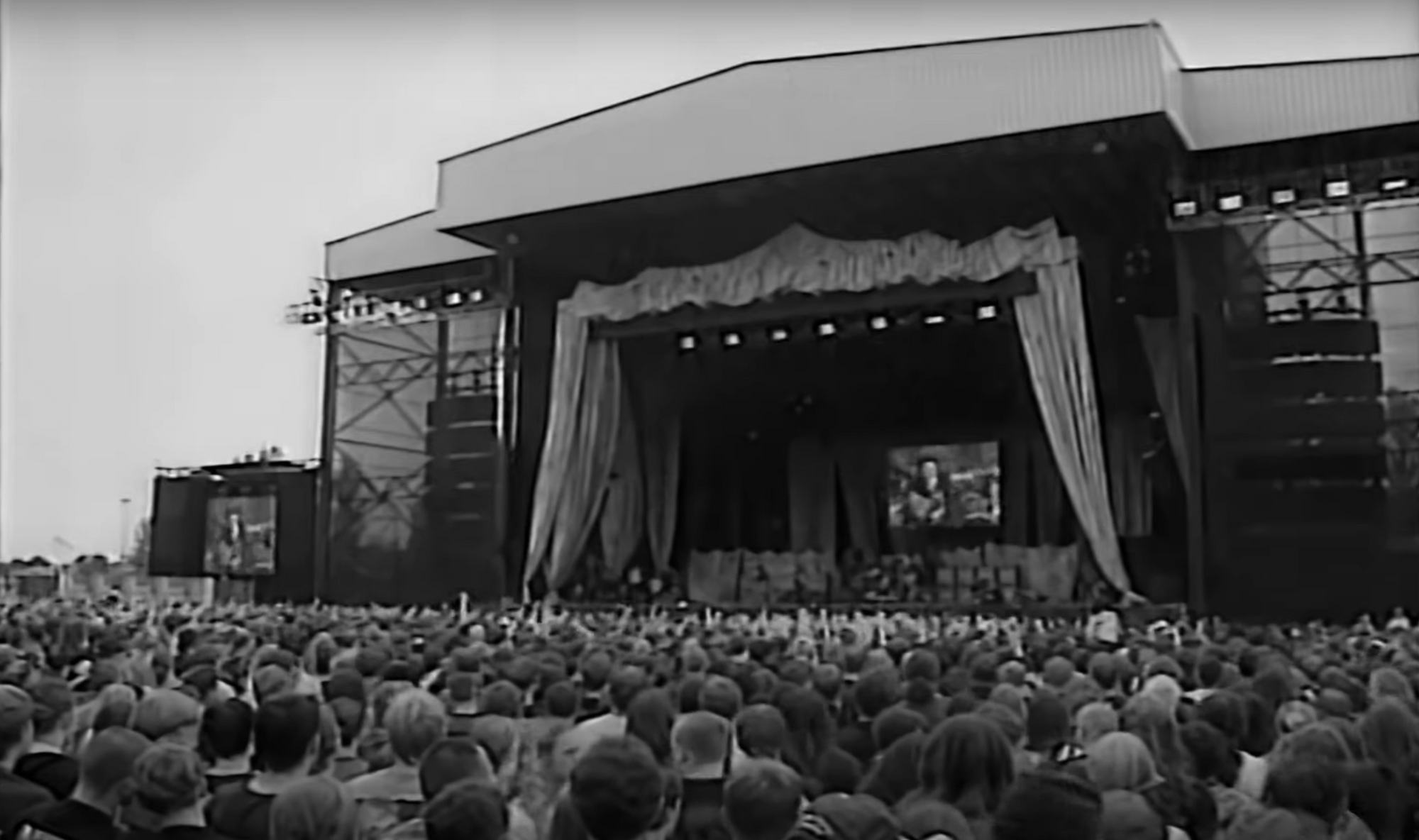
There are two ways to remember Pantera’s show that day at Ozzfest.
The first is that they blew the other bands away. They opened with the blistering Suicide Note, Pt. 2 and never once relented, blasting a baying crowd with brutal guitar riffs. Anselmo’s screaming, howling vocals were otherworldly. Pantera was a band at the height of their powers, singular and focused, rising to the occasion.
That’s the story I told at school the next week, and to myself for the months after, the story I found reflected back in music journals and online bulletin boards.
The second way to remember the show is as mediated through YouTube. A clearly intoxicated Phil Anselmo looks far away. His shaved head has been replaced by longer hair. He seems out of shape and irritable. He is dressed in a black, sleeveless t-shirt and trash-talking somebody, or something, between songs. The band barely interact with one another, four disconnected entities move through an unrehearsed set too fast, plagued by sound difficulties. Anselmo seems antagonised by the crowd. The recording is heavily edited. It is unclear, given the poor quality, as to why.
I am in that crowd, somewhere. I am exhausted from the heat and the drama of the day. Pantera’s sound is unlistenable. The crowd has changed constitution, the togetherness replaced by individualist aggression, careless flying punches, elbows flailed with disregard. I can’t find friends, there is no room for me within Anselmo’s words, no way to belong without belonging. The band are distant and hollow, there is a dull headache somewhere behind my eyes. Halfway through the set, dehydrated and with ears ringing, I opt out and join the queue for water.
xi.
Outside the concert, some hours later, Dad is sat patiently in the minibus, waiting for Black Sabbath to finish playing. My friends and I are still inside, lying on the grass slopes of the Bowl, too exhausted to move. We are full, can experience no more, we are watching a legendary band just to say that we were there.
I think of my father outside, lonely. I often picture him thus. The power of revision is within us all.
Sometimes I remember him happy, busy with activities. I am witness to his gleeful amateur mechanics, his excitement when buying my first car, even the melodious chatter with my friends in the minibus.
But sometimes I relive the moments of animosity, the waveforms of tension, a distorted note which rings out and then gradually decays. We, my siblings and I, witnessed this more frequently in the later years, his frustration mediated through a raised voice. After the drawn-out silences his anger always disappeared though, like a song lost to memory.
I wonder, did my father know at the time, sat in that minibus? Were those hours lost to nothing? Or were they a space for quiet reflection, proudness even. Did he fill those hours with a ruminating emptiness or a building, minor key resentment?
If you press me for my own reconsideration, I hear him lost in refrains of self-investigation, as the sounds of amplified guitars echo into the empty car park and the strained quietness of the vehicle itself.
Dad starts with an endless questioning of who he was, who he could have been, a modulated unhappiness. He ends returning to where he began, the difficult childhood, the parents who gave him away. He decides this is not how he imagined things, that the chord needs resolving.
And so, a year later, he leaves our family to start a new life.
Thanks to my Foster editors, Jillian Anthony, Lyle McKeany, and Heather Eddy. And thanks to Julia for putting up with my music tastes.
If you like this, please consider forwarding to someone you love. Subscribers get creative non-fiction and personal essays like this on the regular. See you next week.
